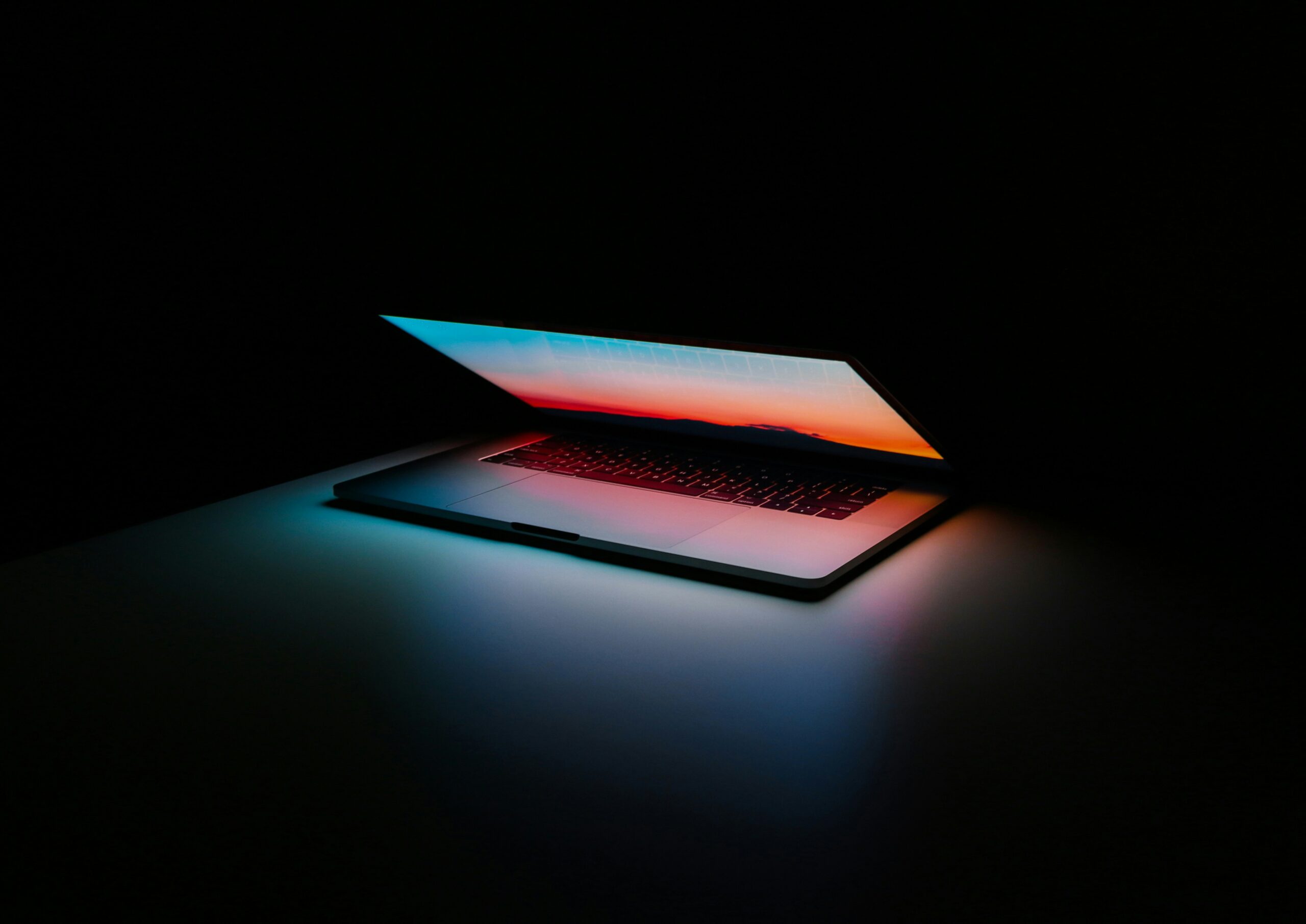The 20 Best Productivity Hacks for 2023

In today’s fast-paced world, productivity has become a crucial factor in achieving success. With the increasing demands of work and personal life, it’s essential to find ways to maximize efficiency and minimize wasted time. In this article, we’ll explore the top 20 productivity hacks that will help you stay on top of your game in 2023.
1. Set clear goals and priorities
The first step to being productive is to have a clear understanding of what you want to achieve. Set specific, measurable, achievable, relevant, and time-bound (SMART) goals for yourself. Prioritize your tasks based on their importance and urgency, and focus on completing the most critical ones first.
2. Create a schedule and stick to it
Create a daily or weekly schedule that outlines your tasks, deadlines, and breaks. Use a planner, calendar app, or project management tool to keep track of your progress. Stick to your schedule as much as possible, but also be flexible and adjust it as needed.
3. Eliminate distractions
Distractions can significantly impact your productivity. Identify the things that distract you the most (e.g., social media, email notifications) and find ways to eliminate or minimize them. Use tools like website blockers or noise-cancelling headphones to help you stay focused.
4. Practice time blocking
Time blocking involves dedicating specific blocks of time to specific tasks or activities. This technique can help you stay focused and avoid multitasking, which can actually decrease productivity. Try scheduling your most important tasks during your peak productivity hours when you’re most alert and focused.
5. Learn to say no
Saying yes to too many requests or commitments can lead to overwhelm and burnout. Learn to say no when necessary, whether it’s declining an invitation or delegating a task to someone else. This will help you prioritize your time and energy for the things that matter most.
6. Delegate tasks when possible
Delegating tasks can free up your time for more important work or personal activities. Identify tasks that can be done by someone else (either within your organization or outside of it) and delegate them accordingly. This will also help you develop trust and leadership skills in others.
7. Use technology to your advantage
There are many productivity tools and apps available that can help you streamline your workflow and stay organized. Some popular options include project management tools like Trello or Asana, time tracking apps like RescueTime or Toggl, and note-taking apps like Evernote or OneNote. Find the ones that work best for you and integrate them into your routine.
8. Take breaks regularly
Taking breaks is essential for maintaining focus and preventing burnout. Schedule regular breaks into your day (either short ones every hour or longer ones every few hours) to give your brain a chance to rest and recharge. Use this time to stretch, go for a walk, meditate, or do something else that helps you relax and refocus.
9. Get enough sleep
Sleep is crucial for our physical and mental health, as well as our productivity levels. Aim for 7-9 hours of sleep each night to ensure that you’re well-rested and alert during the day. Establish a consistent sleep schedule (going to bed and waking up at the same time each day) to help regulate your body’s sleep-wake cycle.
10. Exercise regularly
Exercise is not only good for our physical health but also our mental health and productivity levels. Regular exercise can help improve focus, memory, and cognitive function, as well as reduce stress levels. Aim for at least 150 minutes of moderate-intensity aerobic activity per week (such as brisk walking or cycling) or 75 minutes of vigorous-intensity aerobic activity (such as running or swimming). You can also try incorporating strength training exercises into your routine for added benefits.
11. Practice mindfulness meditation
Mindfulness meditation involves focusing your attention on the present moment without judgment or distraction. This technique can help improve focus, reduce stress levels, and increase self-awareness. Try incorporating mindfulness meditation into your daily routine (either first thing in the morning or before bed) to help improve your overall productivity levels throughout the day.
12. Learn to manage stress effectively
Stress is a natural part of life, but chronic stress can have negative impacts on our physical and mental health as well as our productivity levels. Learn effective stress management techniques such as deep breathing exercises, progressive muscle relaxation, or yoga to help manage stress levels throughout the day. You can also try incorporating stress-reducing activities into your daily routine such as taking a relaxing bath or reading a book before bedtime.
13. Collaborate with others when possible
Collaboration can be a powerful tool for improving productivity levels by leveraging the strengths of others while minimizing weaknesses in yourself or your team members. Look for opportunities to collaborate with others on projects or tasks where it makes sense (such as brainstorming sessions or knowledge sharing). This will not only help improve productivity levels but also foster a sense of community and collaboration within your organization or team dynamic overall.
14.. Take care of yourself physically – Eat healthy food regularly – Eat foods rich in protein such as eggs, chicken breast, fish etc.. Drink plenty of water throughout the day – Limit caffeine intake – Avoid sugary drinks – Limit alcohol intake – Avoid smoking – Get enough sleep – Exercise regularly – Practice mindfulness meditation – Manage stress effectively – Take breaks regularly
15.. Take care of yourself mentally – Practice self-care activities such as taking a relaxing bath or reading a book before bedtime – Set boundaries between work and personal life – Learn how to say no when necessary – Prioritize tasks based on importance and urgency – Set clear goals and priorities – Learn how to delegate tasks when necessary – Practice effective communication skills with others
16.. Use technology wisely – Utilize productivity tools such as project management tools like Trello or Asana – Use time tracking apps like RescueTime or Toggl – Use note-taking apps like Evernote or OneNote – Learn how to use email efficiently by setting up filters, using templates etc..
17.. Collaborate with others when possible – Look for opportunities to collaborate with others on projects or tasks where it makes sense (such as brainstorming sessions or knowledge sharing) – Foster a sense of community within your organization/team dynamic overall
18.. Learn how to manage distractions effectively – Identify the things that distract you the most (either social media, email notifications etc.) – Find ways to eliminate or minimize them (such as website blockers etc.)
19.. Prioritize tasks based on importance and urgency – Focus on completing the most critical ones first
20.. Practice effective communication skills with others – Listen actively when communicating with others – Be clear in expressing yourself when communicating with others














